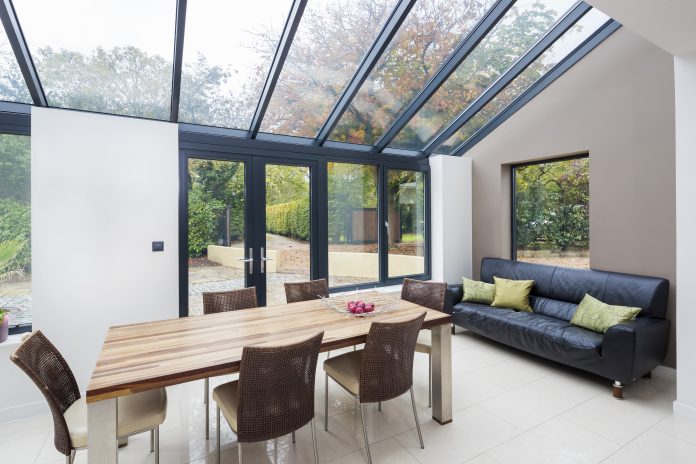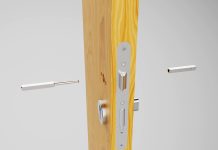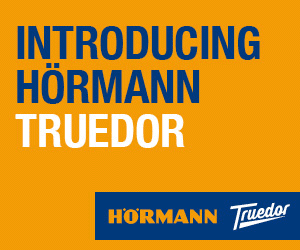Specifying the right energy-efficient glass saves money and reduces impact on the environment. Phil Brown, European regulatory marketing manager at Pilkington United Kingdom Limited, part of the NSG Group, offers his top tips.
Energy-efficient glass can help homeowners save up to 20% a year on heating bills.
Here are some useful tips to help choose the right glazing to maximise the performance and energy-efficiency of a home:
- Don’t delay. Upgrading windows can be one of the most effective ways of saving energy. A recent National Energy Foundation report indicated that 8.7% of the overall energy used in UK homes can be saved if energy-efficient glass is installed.
- Selection is key. Ordinary clear, uncoated float glass has an emissivity of around 0.9, meaning it’s a poor insulator. However, a glass with a low-emissivity (low-e) coating such as Pilkington K Glass™ S, which has an emissivity of 0.05, offers excellent thermal insulation.
- Don’t forget location. Windows, doors, conservatories and roof lights can all benefit from the use of energy-efficient glazing to help bring bills down.
- Mix and match. To ensure your customer gets the most from a product, incorporate different glass into an insulating glazing unit (IGU). Pilkington K Glass™ S can be combined with other glazing products to bring optimum light, solar and noise performance.
- Do your maths. Use the GGF Energy Savings Calculator to determine how much could be saved with energy-efficient glass, before buying.
- Choose a rating. When specifying your product, keep an eye out for its Window Energy Rating (WER) to determine how energy-efficient it is. Intended for replacement domestic windows, the rating system is based on a scale of G to A++, with A++ being the most energy-efficient.
- Don’t overlook the importance of proper installation. Energy-efficient glass will be compromised if it isn’t installed correctly. We recommend using a company which is a member of the Glass and Glazing Federation (GGF).
- Know your terms. Thermal insulation of an IGU is quantified by its U-value. The lower its U-value, the less heat will be lost through the IGU during the winter. With U-values as low as 0.9 W/m2K, ‘smart’ double-glazing can offer triple-glazing performance.
- It’s not all about thermal insulation. For some applications, notably conservatory roofs, energy-efficiency also means reducing solar gains in the summer. The ‘g’ value describes the solar control performance of a panel – the lower this value, the more the sun’s heat will be rejected.
- The potential for improvement is huge. 86% of glazed areas in Europe’s buildings are considered inefficient, mostly because of using single, or outdated double-glazing.
For more advice on the different types of energy-efficient glass available and its installation, please view the Pilkington webpage: www.pilkington.co.uk/energikare.











